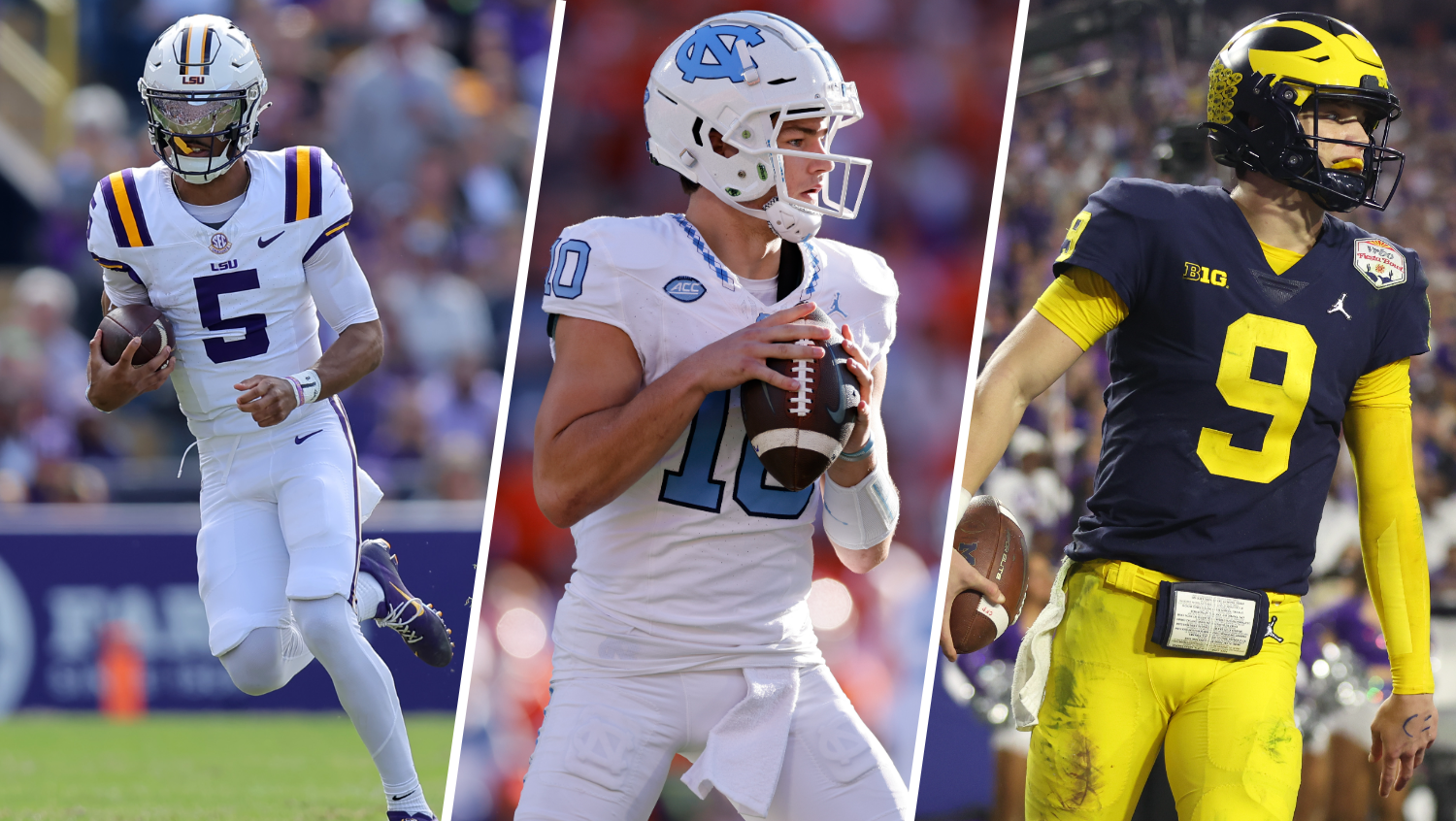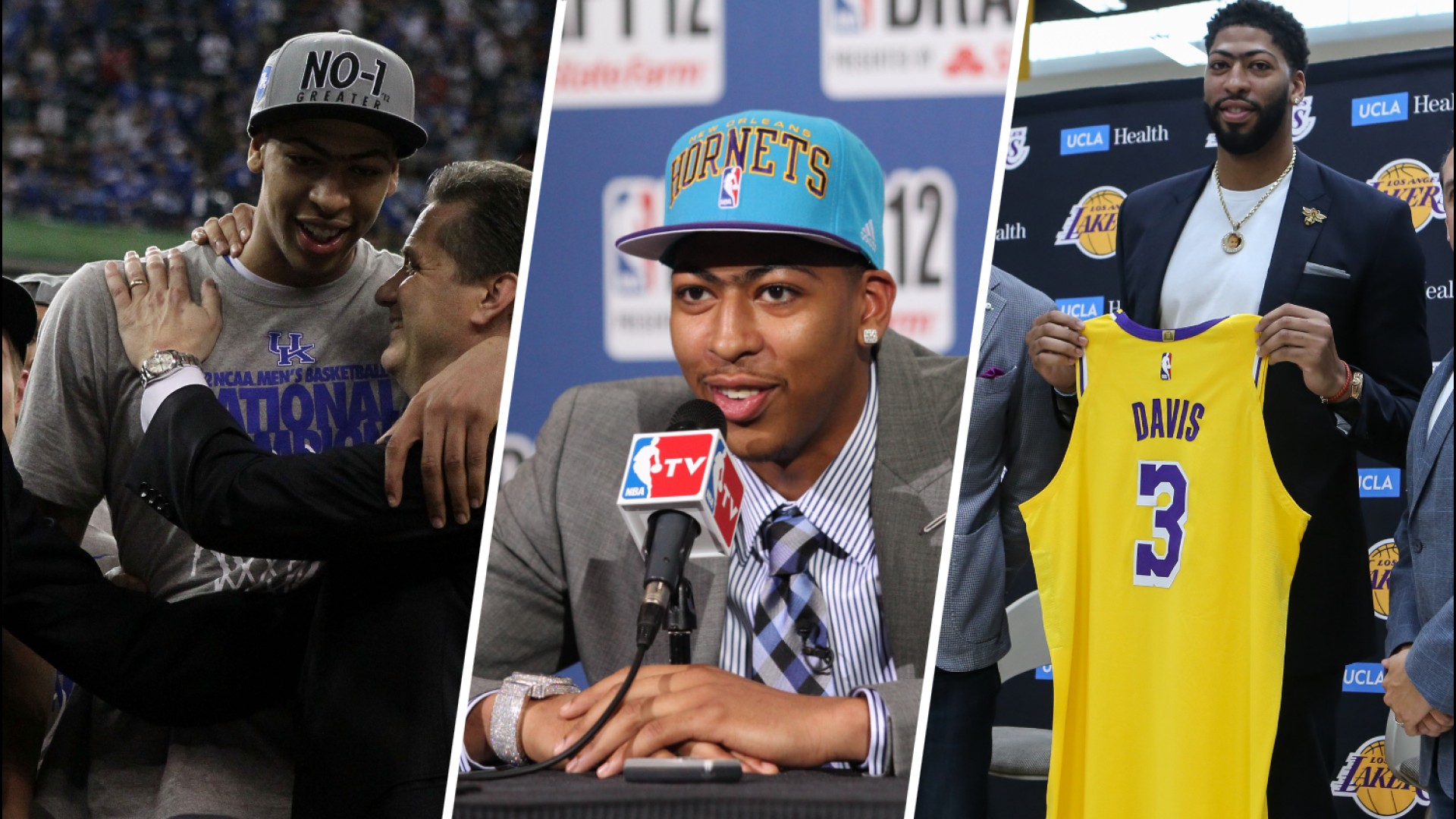Despite a hot start in 2010, the Nationals are destined for another early-October vacation.
Before the team’s season comes to an end without a playoff appearance for the sixth time in six years in D.C., Washington should probably start preparing for a late-July yard sale.
With the trade deadline less than two weeks away, it’s time for General Manager Mike Rizzo to play "Deal or No Deal."
It’s too bad that he has to. If the season were a sprint, the Nationals may’ve punched a playoff ticket. And if Jack Black exercised more, he wouldn’t be fat.
But Tenacious D’s front man is our favorite portly actor and the Nats are 14 games back of the first-place Atlanta Braves.
So who do you trade and who do you retain?
Adam Dunn: Deal
Sports
The NL leader in home runs, Dunn’s the most feared slugger in Washington’s lineup. He’s clubbed six more homers (22) and knocked in nine more runs (59) than any of his teammates. Most impressive, his .288 average is 36 points higher than his career mark.
A middle-of-the-order bat for a championship contender, Dunn’s powerful swing and new-found ability to hit for average gives him immense value. So does his expiring contact. He’s finishing the second season of a two-year, $20 million contact.
The White Sox, who trade top prospects like you used to trade baseball cards, are interested in trading for Dunn.
If Washington can get a couple premiere minor league talents and a big league contributor back, Rizzo has to pull the trigger. The Nats can always try to re-sign Dunn this offseason if they want to spend the money it’ll take to bring him back.
Rizzo’s main goal should be to ensure that the prospects he gets back from Chicago, or any other trade partner, are better than the amateur talent his staff would be able to draft with the two top 50 compensatory draft picks the Nationals would acquire by losing Dunn at year’s end.
Matt Capps: Deal
Closers on bad teams are like potato chips after midnight. They’re nice to have, but you don’t need them. Capps has been among the league leaders in saves and appearances all season.
He got the win in the All-Star Game earlier this week and is currently in the middle of a career-year. But the best trades are done when you’re selling high on thriving personnel.
He’s a quality arm and a better guy, but closer-of-the-future Drew Storen is already dominating big league batters as a rookie. He could save games for the final two months of the season.
Josh Willingham: No Deal
Slam that weird, plastic, square case back down and tell everybody in the crowd to start fist-pumping, Howie!
Willingham’s the consummate professional-hitter, as displayed by his .276 average and 15 homers. But he’s not as high-impact a bat as Dunn is and he’ll net Washington less back in return.
Willingham’s the consummate professional-hitter, as displayed by his .276 average and 15 homers. But he’s not as high-impact a bat as Dunn is and he’ll net Washington less back in return.
A nice piece to Washington’s offense, he probably means more to the Nats than he would a lot of the teams who could trade for him.
A cheaper option than Dunn as well (he’s making just $4.6 million this season), he’ll be much easier to re-sign at year’s end.
You can’t afford to lose them both, and Willingham’s the better buy. The Nationals aren’t the Yankees. Money matters.
If this deadline goes well, winning will soon, too.



